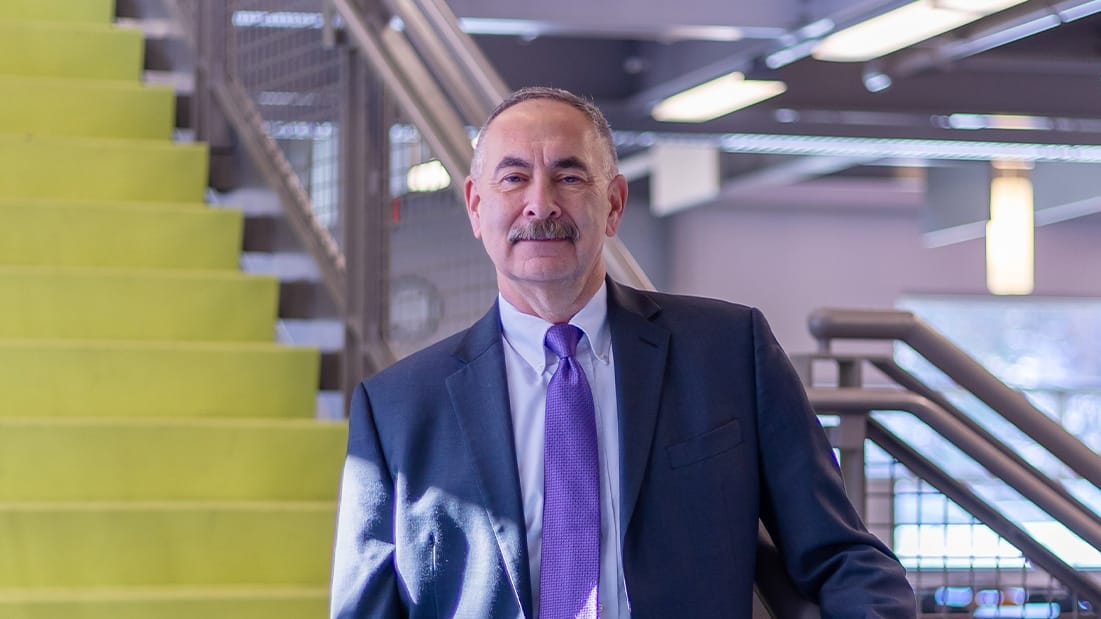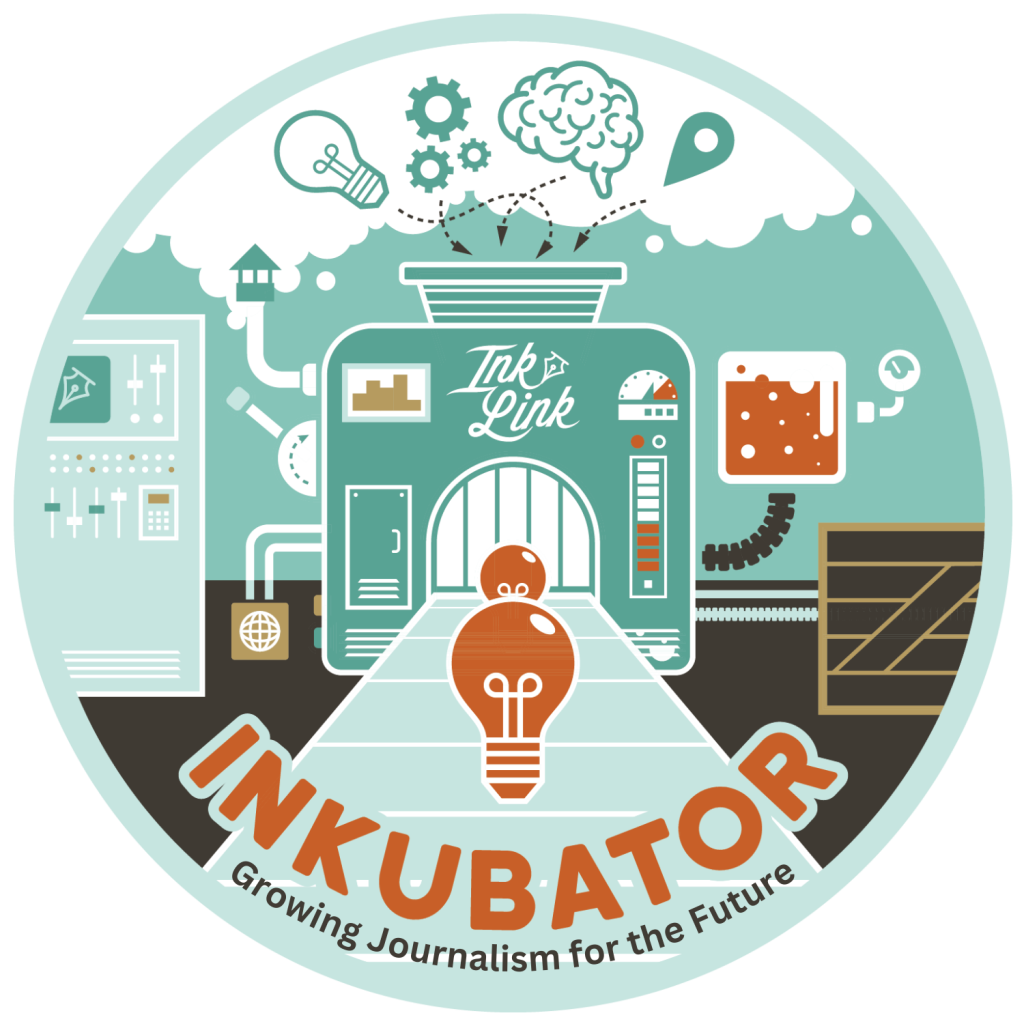New Manchester Community College president releases position on ICE campus visits
Cards and pamphlets offering advice and detailing students’ rights under Immigration and Customs Enforcement (ICE) started showing up around the Manchester Community College (MCC) campus shortly after President Trump’s January inauguration, and now MCC President Paul Beaudin has made the college’s p


MANCHESTER, NH – Cards and pamphlets offering advice and detailing students’ rights under Immigration and Customs Enforcement (ICE) started showing up around the Manchester Community College (MCC) campus shortly after President Trump’s January inauguration, and now MCC President Paul Beaudin has made the college’s position clear.
In a Feb. 18 email to the MCC community, Beaudin outlined the steps the college would take if ICE comes to call.
“I want to assure you that safety (yours and our students) and legal compliance are our priorities,” Beaudin wrote. “Although we have no reason to expect this to occur, should the college be visited by officers from Immigration and Customs Enforcement, we will follow a protocol that is respectful of everyone. That will include these officers doing their jobs; our students who have FERPA and other rights; and all of you engaged in our mission. “
Step One, according to the email, would be to ask the ICE officers to wait in a conference room for a meeting with one of three college officers: Beaudin, Colleen Jennings (interim VP of Academic Affairs), or Megan Conn (vice president of Students and Community Development). Step Two, would be contacting the college’s legal counsel and chancellor.
“It is important to note that the process we will follow is similar to that being articulated throughout the country by educational and community leaders,” Beaudin wrote.
He said he sent the policy email in response to community concerns for students. “This overarching ethic of care from our community has been inspiring to all of us.”
According to the MCC website, students at the institution come from 37 different countries of origin with a total enrollment of 3,038 students. At least 27 percent of that are BIPOC (Black, Indigenous, or People of Color).
Beaudin has only been serving as president of MCC since January 2025 but says he is quickly catching on to the college culture and happenings. Before becoming the president here, he served as the vice president of Academic Affairs at Northern Essex Community College in Massachusetts. He has around 20 years of experience working in higher education.
Beaudin has some plans in mind but said he wants to hear more feedback from experienced faculty and people who have been at the school for years. His primary goal is that students succeed and get the support they need. He has an open-door policy for students and faculty seeking solutions.
Beaudin said he wants to offer more local paid internships and apprenticeships for students. He also mentioned that local businesses have expressed to him that MCC graduates are talented.
One big problem MCC faces, according to Beaudin, is the stigma of a community-college education being “less valuable” than a four-year college. Meantime, there was an increase of around 240 students in this spring’s enrollment.
Over the years, Beaudin has worked with colleges such as Suffolk County Community College, Iona College, Manhattan College, Fordham University, and Seton Hall University. In his short time at MCC, he said he has noticed that the college differs from other schools he’s been at in terms of how involved everyone is in the community. He’s pondering the possible addition of intramural sports at the institution.
Several students interviewed for this article said they were unaware there was a new president. They’d like to see more and different kinds of activities around campus. Qualities they’d like to see Beaudin bring to the job are being open-minded to suggestions, being honest, and being visible around campus.
Nick Ruggiero and Vincent Bellorado are students at Manchester Community College and are participating in the Ink Link News Inkubator Program.
Note: The views expressed in this article are solely those of the student author and do not reflect the opinions or endorsements of any affiliated or mentioned high school or college.

The Inkubator program is aimed at nurturing and growing New Hampshire’s local journalism ecosystem – support for educators, opportunities for students and pathways for future journalists, artists and creators. And beyond that, we want to engage our community in this process because together, we rise. Click here to make a tax-deductible contribution to the Inkubator. (Want to see Ink Link deliver community news to your town? We’d like that, too – and we can do it with your support. Ask us how.





